Fiberglass Extension Poles,2.9M Extension Pole,Adjust Extension Pole,Green 1.6M Extension Pole Ningbo Beilun Gelei Plastic Parts Co.,Ltd , https://www.paintwelltools.com
However, this allows the smart phone to be fingerprinted, and even how the sapphire substrate that can be used for mobile payment in the future is produced. The reporter goes through the actual stepping point and directly hits the production base of the world's largest sapphire substrate, Jingmei, in Yancheng, Jiangsu, to understand the sapphire substrate. Production Process.
Slice area
The raw material of the sapphire substrate is a sapphire crystal rod. After the sapphire crystal rod is purchased, the ingot is cut into a 2-inch or 4-inch product with a row of diamond cutting lines and a cutting fluid. At present, global suppliers of sapphire crystal rods include Rubicon, Monocrystal, and Yuefeng's Taiju. 
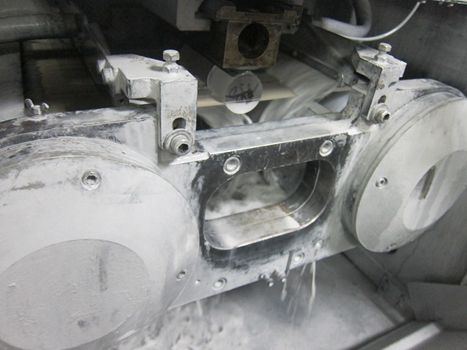
2. Collecting
The cut sapphire substrate is taken up and sorted and shipped to the LED market or the optical market for profit. 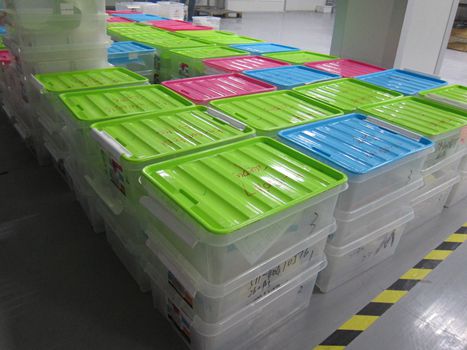
3. Grinding tablets
The 2 inch or 4 inch cut sapphire substrate is placed in a special tool, and the cutting fluid is added to perform a grinding process to smooth the wire cut marks during slicing. 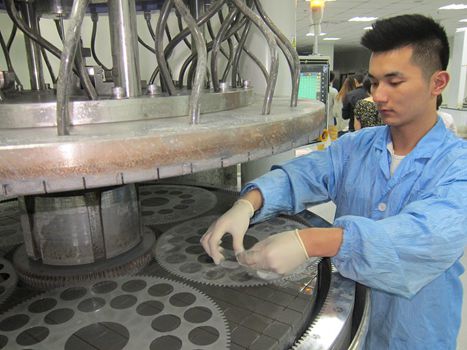
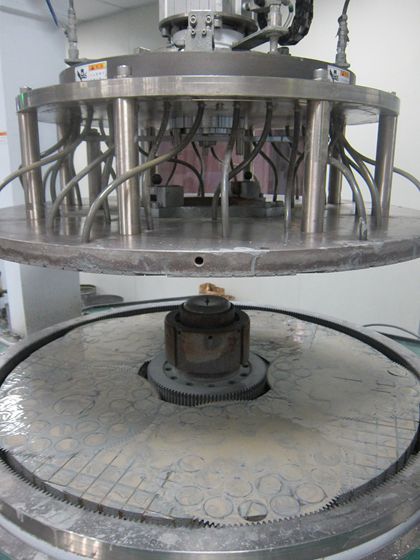
4. Leading angle
The lead angle of the sapphire flat sheet is made using a special grinding wheel tool and a cornering machine. 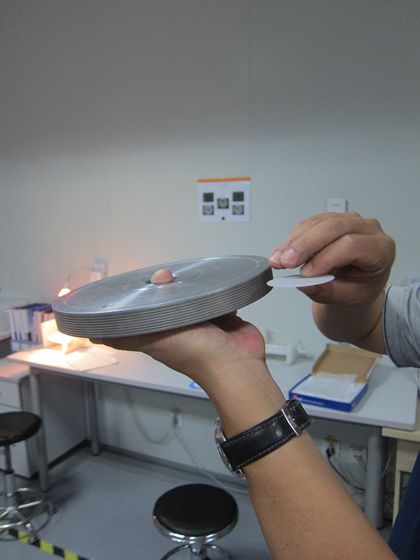
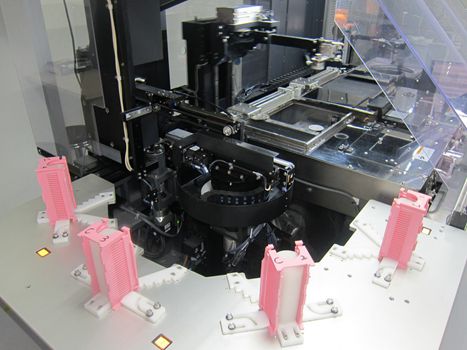
5. Polishing
The flat sheet is placed on a copper plate for rough polishing and fine polishing. In addition, optical applications require double-sided polishing, and LED applications are mainly single-sided polishing. 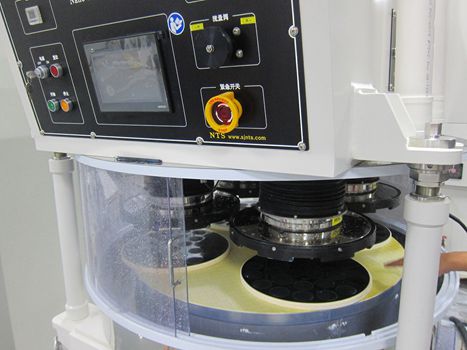
6. Cleaning
Polishing the finished sapphire substrate with a bismuth cleaner
7. Visual inspection
8. Packaging
If it needs to be processed into patterned sapphire, it will be sent to the yellow zone and etching process by flat film. After photography and photoresist development, the batch will be made into a patterned sapphire substrate to increase the brightness. 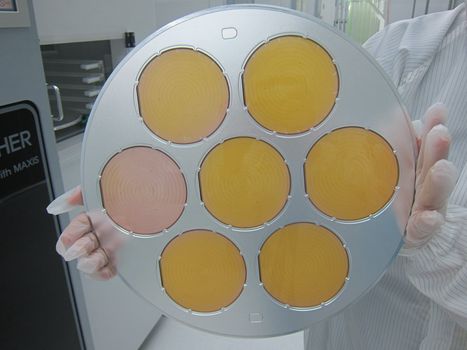
Abstract The iPhone6, which is expected by the world's Apple fans, will be launched this year. One of the highlights that most fans are looking forward to is that the iPhone6 ​​is expected to use sapphire as its mobile phone cover. Sapphire materials are also expected to be applied in a small amount in the past. Aerospace, high-end watches...
The iPhone6, which is expected by the global Apple fans, will be launched this year. One of the highlights that most fans are looking forward to is that the iPhone6 ​​is expected to use sapphire as its mobile phone cover. Sapphire materials are also expected to be used in the past few times. Too, high-end hand surface covers, LEDs, popularize to a large consumer electronics industry, push up sapphire materials to become a red fried chicken.